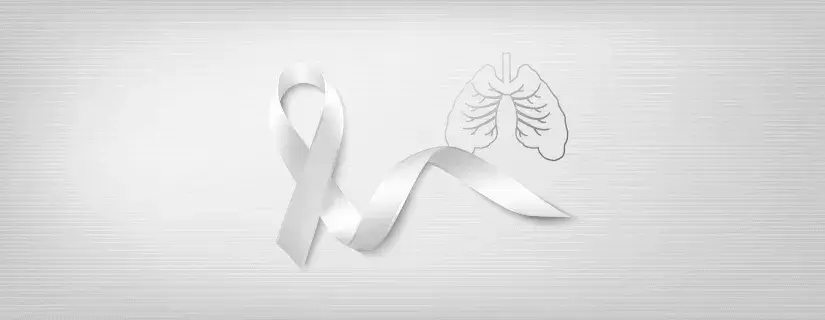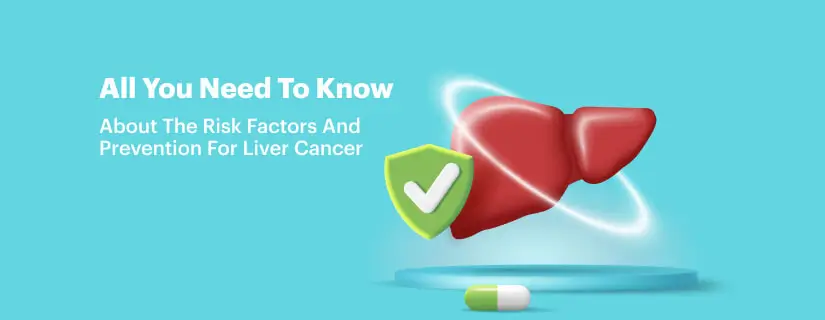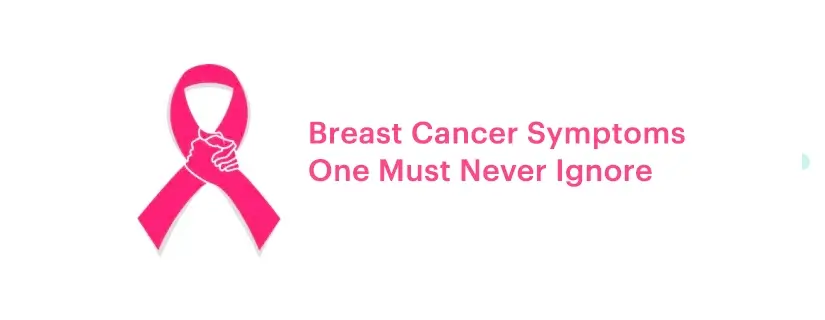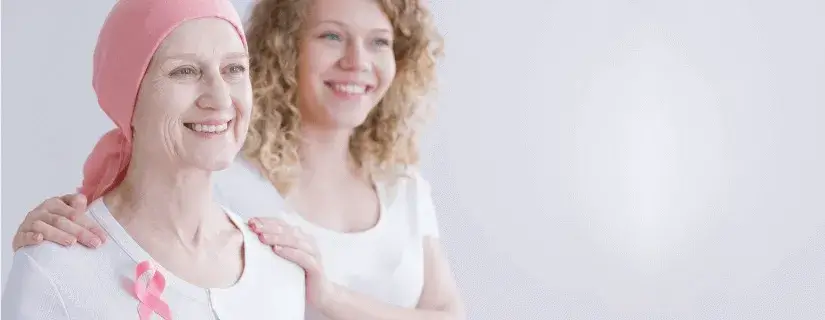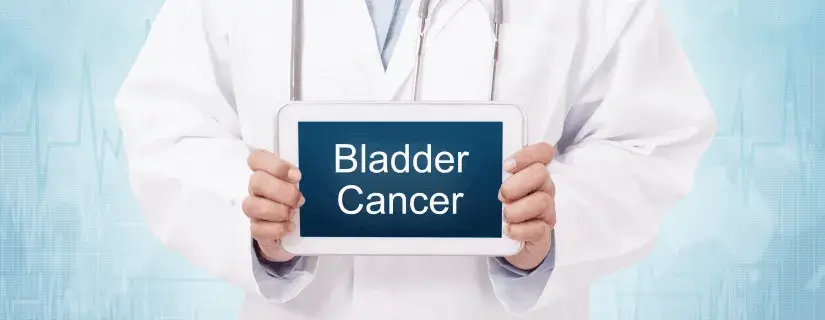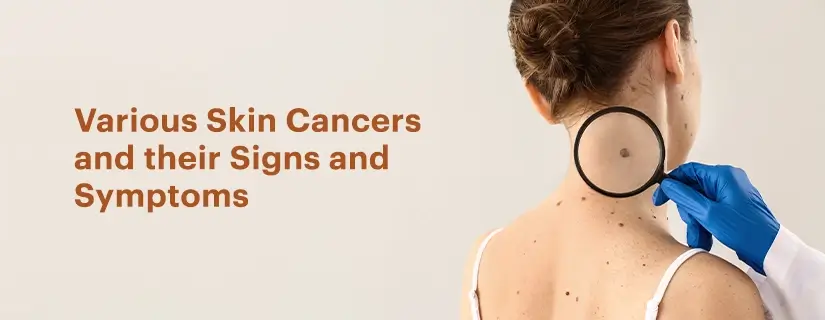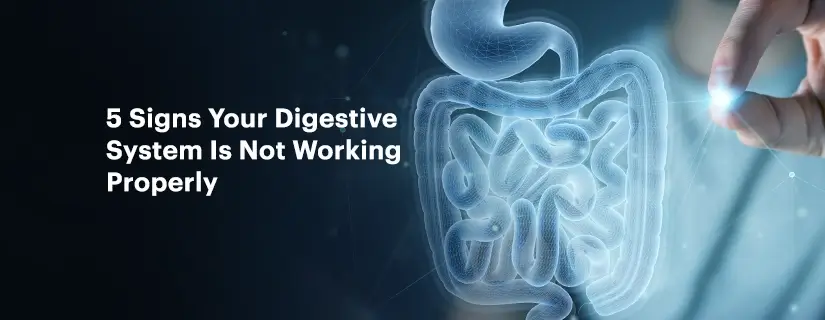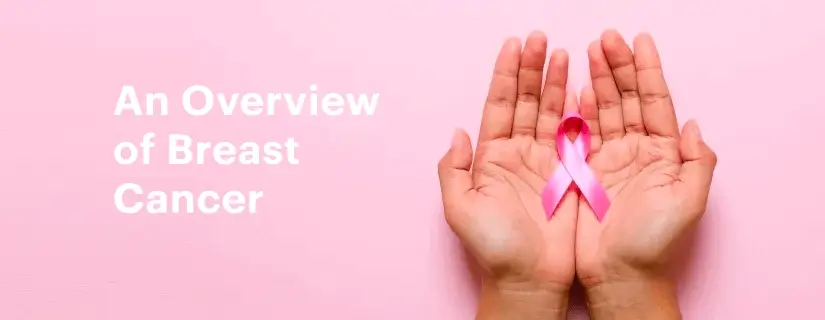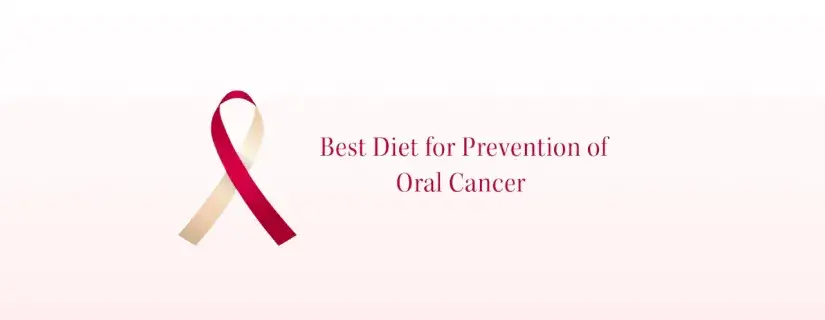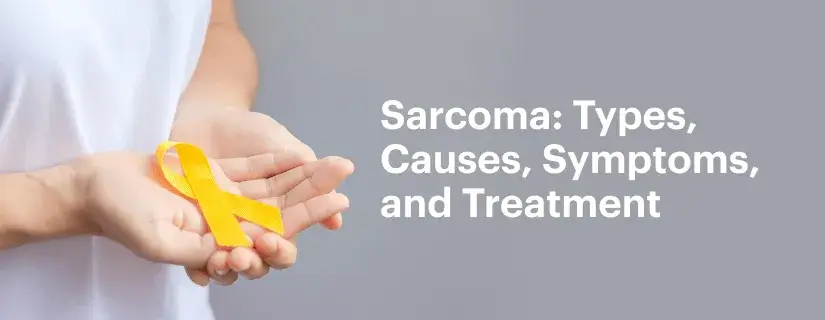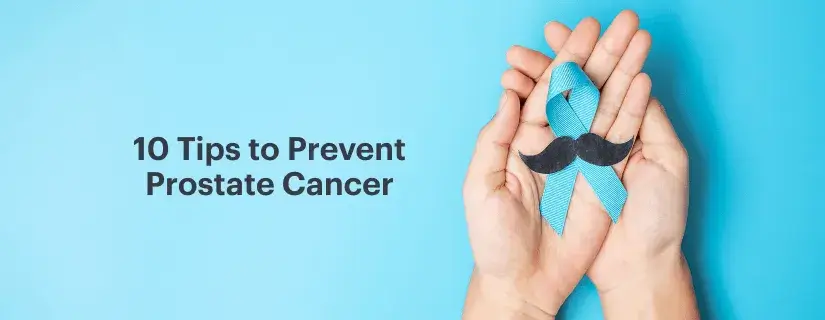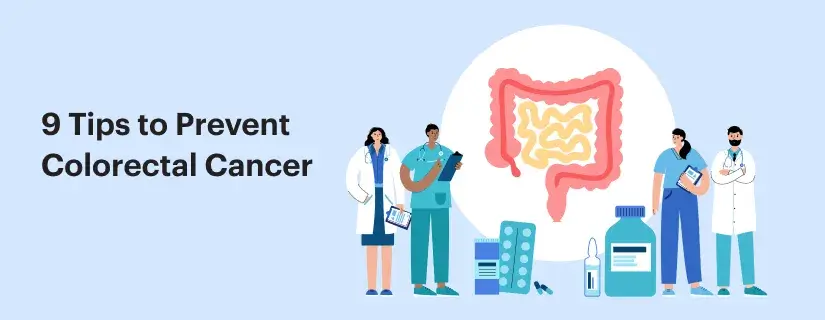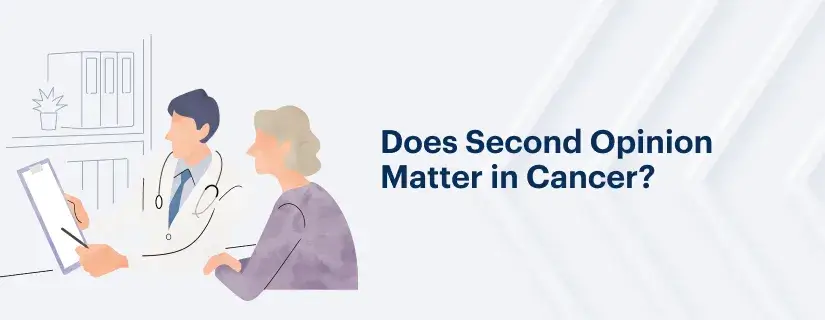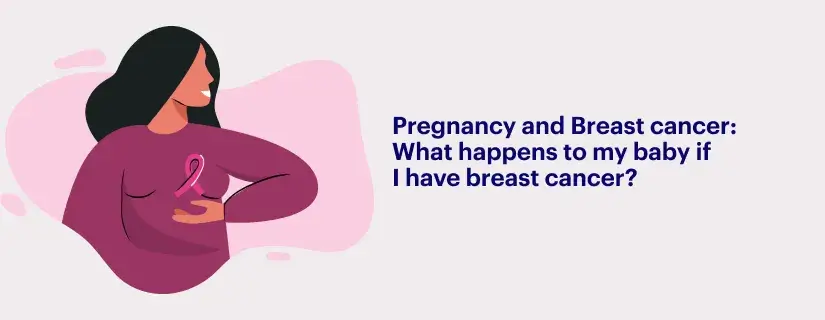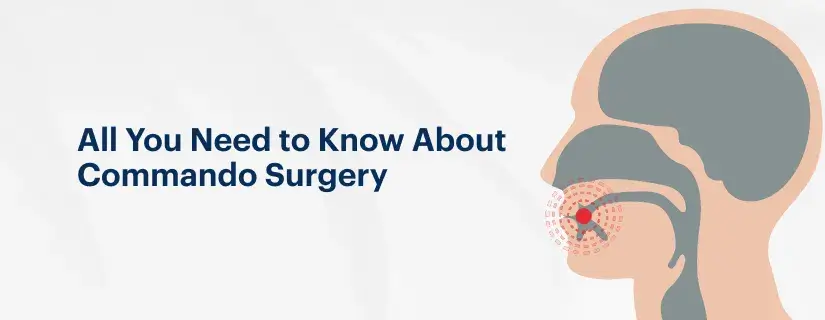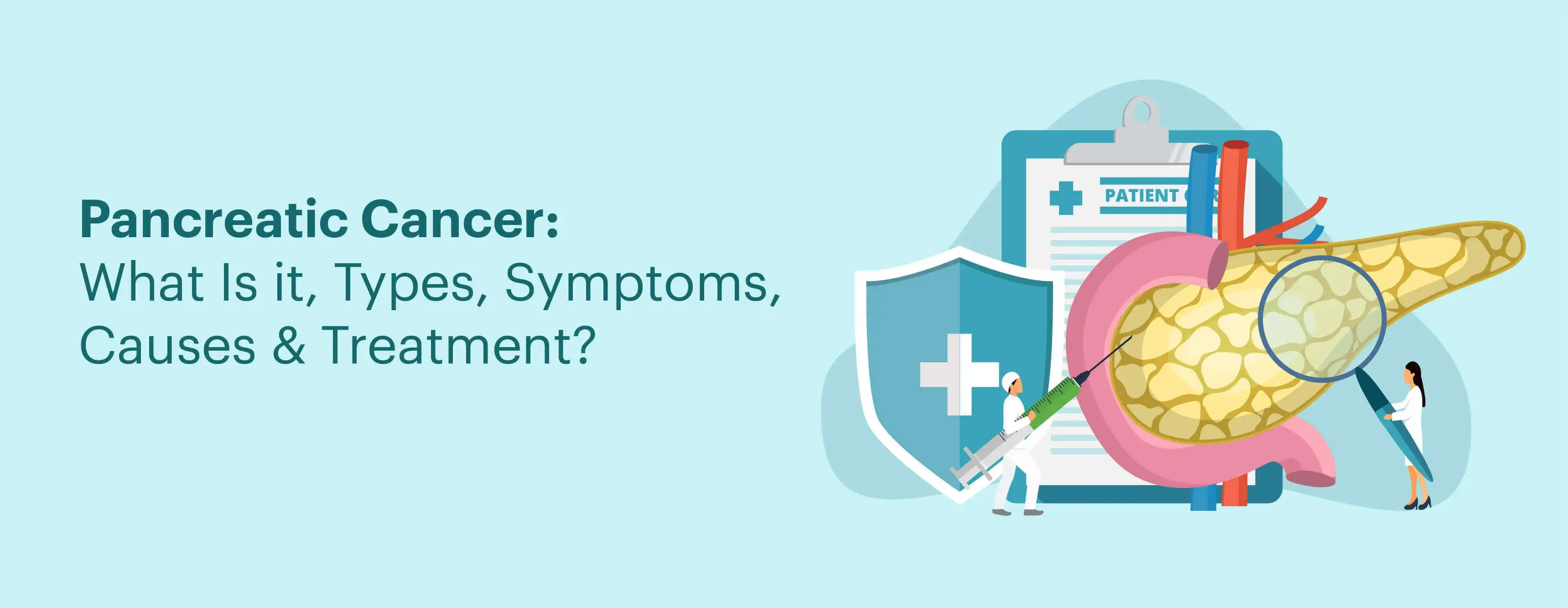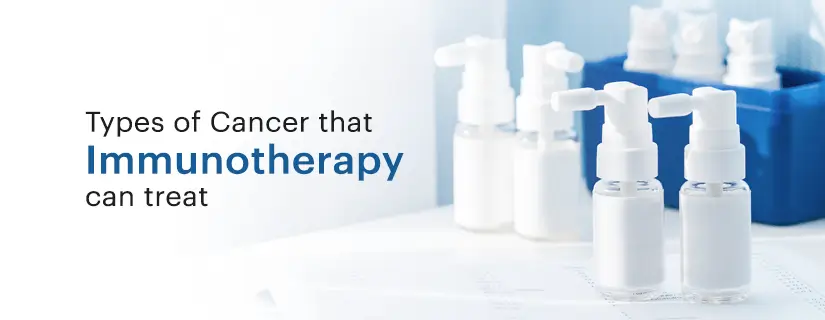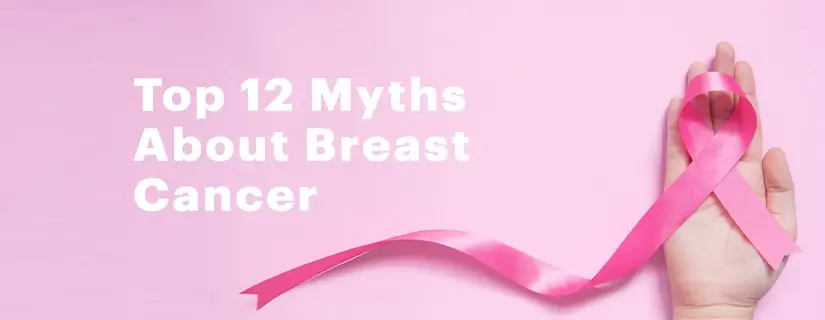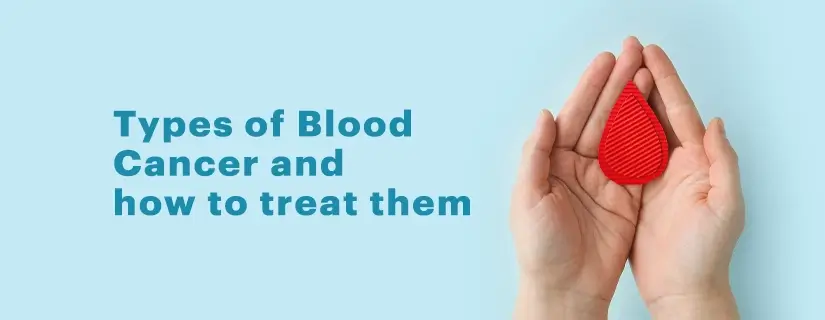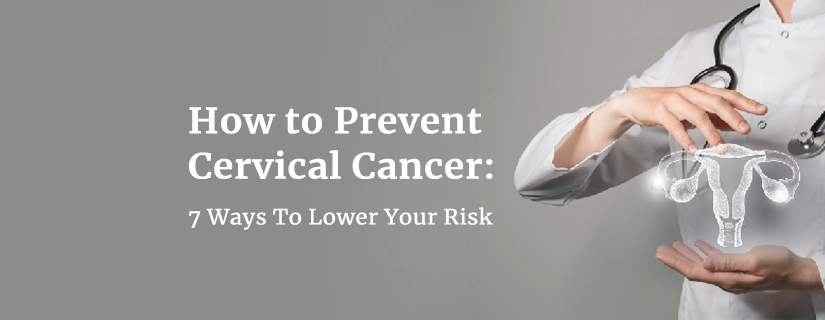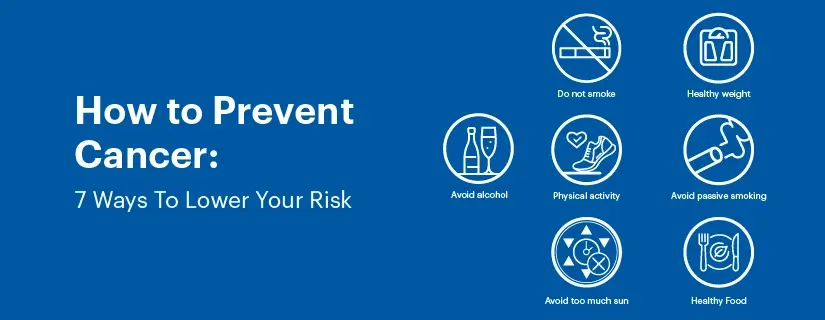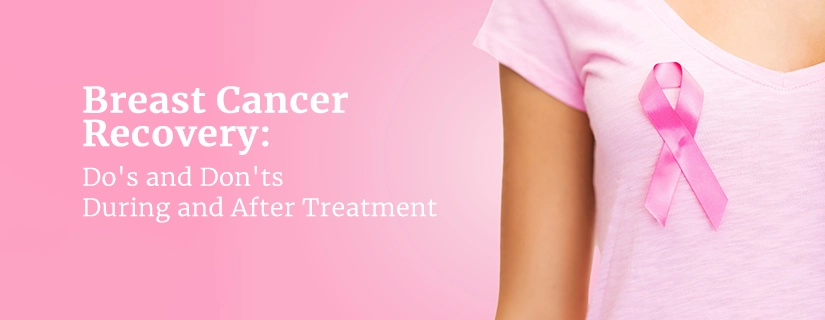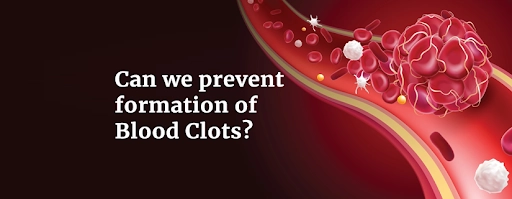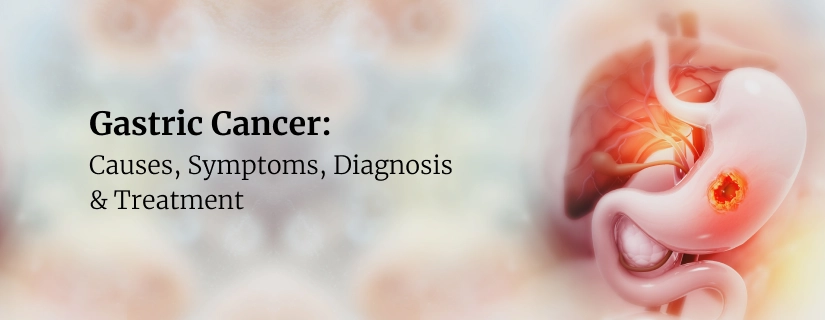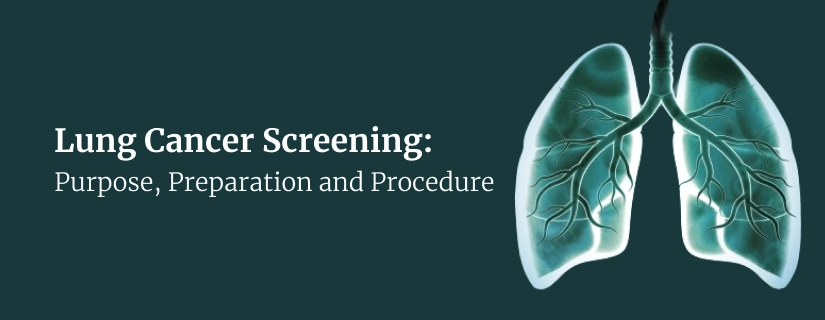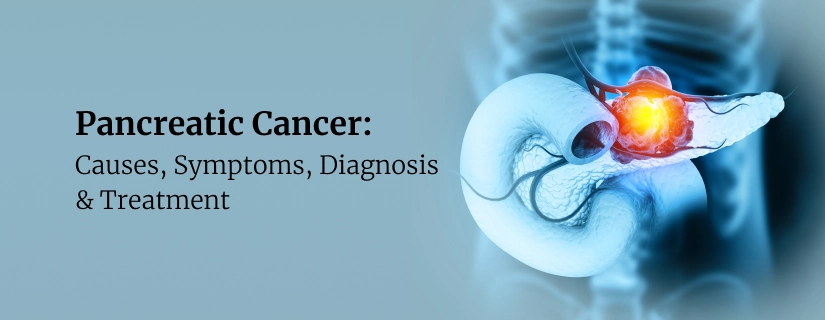-
Doctors
-
Specialities & Treatments
Centre of Excellence
Specialties
Treatments and Procedures
Hospitals & Directions HyderabadCARE Hospitals, Banjara Hills CARE Outpatient Centre, Banjara Hills CARE Hospitals, HITEC City CARE Hospitals, Nampally Gurunanak CARE Hospitals, Musheerabad CARE Hospitals Outpatient Centre, HITEC City CARE Hospitals, Malakpet
HyderabadCARE Hospitals, Banjara Hills CARE Outpatient Centre, Banjara Hills CARE Hospitals, HITEC City CARE Hospitals, Nampally Gurunanak CARE Hospitals, Musheerabad CARE Hospitals Outpatient Centre, HITEC City CARE Hospitals, Malakpet Raipur
Raipur
 Bhubaneswar
Bhubaneswar Visakhapatnam
Visakhapatnam
 Nagpur
Nagpur
 Indore
Indore
 Chh. Sambhajinagar
Chh. SambhajinagarClinics & Medical Centers
Book an AppointmentContact Us
Online Lab Reports
Book an Appointment
Consult Super-Specialist Doctors at CARE Hospitals
Benefits and Risks of Cancer Drugs – Clearing myths about chemotherapy
Updated on 4 August 2022

Chemotherapy is a type of cancer treatment where medicine is used to kill cancer cells. There are many different types of chemotherapy medicine used for treating different types of cancers. All of them work in a similar way by stopping cancer cell multiplication. Chemotherapy prevents cancer cells from growing and spreading to other parts of the body. In addition to curing cancer, chemotherapy also gives relief from the symptoms because of cancer.
Cancer drugs may be administered into the body using different routes. Some cancer drugs are given orally, others are given through the intravenous route, and some patients receive cancer drugs in the form of shots or skin creams.
The type of drug given for cancer treatment depends on different factors. The factors on which the type of cancer drug depends include the size of the tumour, the type of cancer, and the extent of its spread. In some cases, a combination of cancer drugs is given.
Sometimes chemotherapy can produce few side effects. Whenever an oncologist suggests chemotherapy, he decides based on the benefit and risk ratio. Wherever the benefit is more than the risk, one must take chemotherapy for relief and cure of cancer. Here Dr. Vipin Goel discusses, in brief, the benefits and risks of cancer drugs.
Benefits of Cancer Drugs
Here are some benefits of cancer drugs may offer several health benefits.
- Cancer can get cured completely by taking cancer drugs.
- Chemotherapy reduces the risk of the spread of cancer cells to other parts of the body.
- Chemotherapy prolongs the life of the patient by slowing the growth of cancer cells.
- Patients can get relief from the symptoms such as pain, inflammation, etc.
Risks of Cancer Drugs
Cancer drugs may affect every individual differently. Few may not develop side effects at all. The common risks of cancer drugs include the following:
- Alopecia or hair loss is a common side effect associated with cancer drugs.
- Weakness and tiredness may occur in people taking Chemotherapy.
- Anaemia or low blood count leads to infections.
- A decrease in appetite leading to weight loss may occur.
- The person may experience nausea and vomiting.
- The digestive system may often get upset, leading to diarrhoea or constipation.
- Numbness and tingling sensation in the fingers and toes
- The colour of the skin may change.
- Mood changes may occur
- Men and women may experience fertility problems while taking cancer drugs.
Why do Side Effects Occur due to Cancer Drugs?
Chemotherapy side effects of cancer drugs occur because cancer drugs affect the quickly growing cancer cells. In this process, these drugs also affect the healthy cells in the body and can produce side effects by damaging these healthy cells. Cancer drugs may damage the healthy cells of different body organs such as the heart, lungs, kidneys, bladders, and nervous system.
Some people experience only a few side effects whereas others may experience more side effects. The range of side effects also varies from one person to another. You must talk to your doctor about the side effects that you may likely experience with the cancer drugs recommended for you. The doctor from the Cancer Hospital in Hyderabad may also prescribe medications to prevent the side effects of cancer drugs.
How long do the Cancer Drugs' side effects last?
Some side effects go away quickly but some side effects may last for a longer time. Sometimes the side effects of cancer drugs may last for a lifetime. Some cancer drugs may cause irreparable damage to the major organs of the body such as the kidneys, lungs, heart, and reproductive system. However, on a positive note, many cancer drugs may not produce any side effects or produce very mild side effects.
The side effects of cancer drugs also depend on the time for which you have to take the cancer drugs. Thus, you can also ask your doctor how long you have to take the cancer drugs and when you can contact the team if you experience harmful effects from cancer drugs.
Conclusion
After knowing the risk and benefits, it is always advisable to know all the possible risk factors associated with cancer drugs. Cancer-curing drugs will kill the healthy cells and might interfere with natural body functions and processes, but they are the best non-invasive resort to kill cancer cells. You must discuss the side effects of cancer drugs with the Best Cancer Surgeons In Hyderabad to manage them properly and be mentally ready.

ENQUIRY FORM
SELECT CATEGORIES
-
Neurosciences (16)
-
Neurology (37)
-
Neurosurgery (14)
-
Orthopaedics (48)
-
Oncology (33)
-
Obstetrics and gynecology (52)
-
Pulmonology (23)
-
Urology (20)
-
Nephrology (13)
-
Psychiatry (7)
-
Dietetics and Nutrition (111)
-
General Medicine (63)
-
Cardiac Sciences (32)
-
Vascular & Endovascular Surgery and Interventional Radiology (15)
-
Gastroenterology (46)
-
Endocrinology (23)
-
Plastic Surgery (10)
-
Critical Care Medicine (5)
-
COVID-19 (16)
-
Dermatology (16)
-
Emergency Care (1)
-
Ophthalmology (4)
-
Pediatrics (14)
-
Laparoscopic and Bariatric Surgery (8)
-
ENT (15)
-
Kidney Transplant (1)
-
Liver Transplantation and Hepatobiliary Surgery (5)
-
General Surgery (3)
-
Internal Medicine (5)
-
Medicine Information
Understanding Kidney Cancer: Symptoms, Risk Factors, Diagnoses, & Treatment
Difference between Immunotherapy and Chemotherapy
YOU MAY ALSO LIKE
RECENT BLOGS
-

Preterm Birth (Premature Birth): Symptoms, Causes, Treatment and Prevention
13 May 2025
Read More
-

Rotablation Angioplasty: Benefits, Treatments, And Recovery Time
9 May 2025
Read More
-

What Is The Difference Between IUI and IVF?
9 May 2025
Read More
-

Venous Malformations: Causes, Symptoms, and Treatment
30 April 2025
Read More
-

Varicose Vein Foam Sclerotherapy: Treatment, Benefits, and Procedure
30 April 2025
Read More
-

Radiofrequency (RF) Ablation Treatment for Varicose Veins: Know More
30 April 2025
Read More
-

Varicose Vein Sclerotherapy: Treatment, Benefits, and Procedure
30 April 2025
Read More
-

Varicose Vein Endovenous Laser Ablation: Procedure, Benefits, Risks
30 April 2025
Read More
Have a Question?
If you cannot find answers to your queries, please fill out the enquiry form or call the number below. We will contact you shortly.




